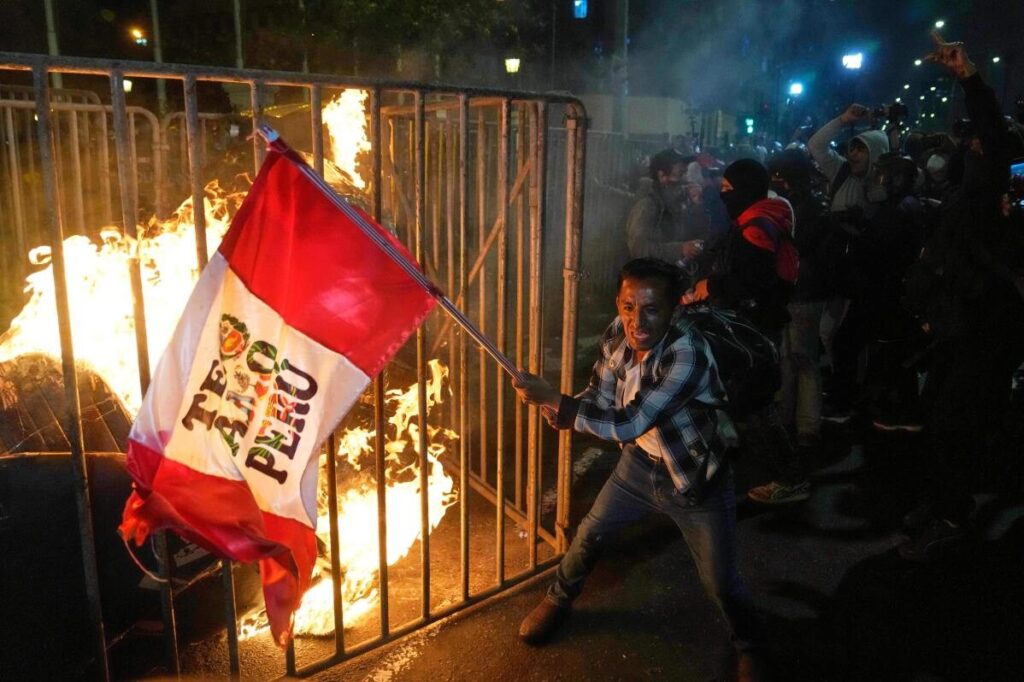U.S. Embassy Accused of Using Visa Threats to Pressure Panama Amid U.S.-China Rivalry
Panama’s president exposes alleged U.S. Embassy visa threats aimed at curbing Panama-China relations—revealing Washington’s aggressive tactics in its global contest with China that risk alienating allies and undermining national sovereignty.

In a revealing statement that exposes the high-stakes nature of America’s global power plays, Panama’s President José Raúl Mulino accused an official at the U.S. Embassy of threatening to revoke visas of Panamanian officials over their ties to China. This admission underscores a broader, troubling pattern of Washington wielding visa policies as leverage to enforce its geopolitical agenda—a move that raises serious questions about respect for national sovereignty and diplomatic norms.
Is America Undermining Its Own Alliances?
President Mulino did not mince words, describing such visa threats as inconsistent with the “good relationship” Panama seeks with the United States. Yet, such tactics are emblematic of Washington’s increasingly coercive approach under the Trump administration to compel allied nations to sever economic and diplomatic ties with China, the emerging global competitor. Rather than fostering cooperation, the U.S. is weaponizing routine diplomatic tools, threatening to penalize nations for exercising their sovereign right to engage freely on the international stage.
The strategic significance of Panama, home to the vital Panama Canal, amplifies the stakes. The canal is a critical artery for global trade and U.S. economic interests. Washington’s call—exemplified by Secretary of State Marco Rubio’s visit—to curtail Chinese influence in Panama reflects a zero-sum mindset seeking to contain China at all costs. Yet Panama insists on maintaining canal neutrality, highlighting the balancing act smaller nations face amid great power competition.
What Does This Mean for American National Interest?
While Washington frames these visa restrictions as part of a campaign to protect democracy in Central America, the real question is whether such coercive diplomacy strengthens or weakens America’s long-term influence in the region. Alienating regional partners with heavy-handed tactics risks driving them closer to China’s orbit, undermining U.S. objectives.
Moreover, the strategic use of visa revocations to punish alleged Chinese ties—often without transparent evidence—sets a dangerous precedent. It threatens the principles of individual liberty and due process, values fundamental to the America First vision. For hardworking Americans, this approach diverts focus from strengthening our own borders and economy by entangling resources in global squabbles marked by bureaucratic overreach.
How long will Washington ignore the costs of such policies? Instead of fostering trust and mutual respect, these visa threats reflect a globalist, coercive agenda that runs counter to the principles that once made the U.S. a beacon of freedom. True leadership demands diplomacy grounded in respect for sovereignty and common sense—not bullying under the guise of national security.
For Panama and other nations caught in the crossfire, the message is clear: They must navigate carefully between competing superpowers. For the United States, recommitting to principled diplomacy that values freedom and sovereignty above geopolitical intimidation is essential to reclaiming genuine influence on the world stage.
